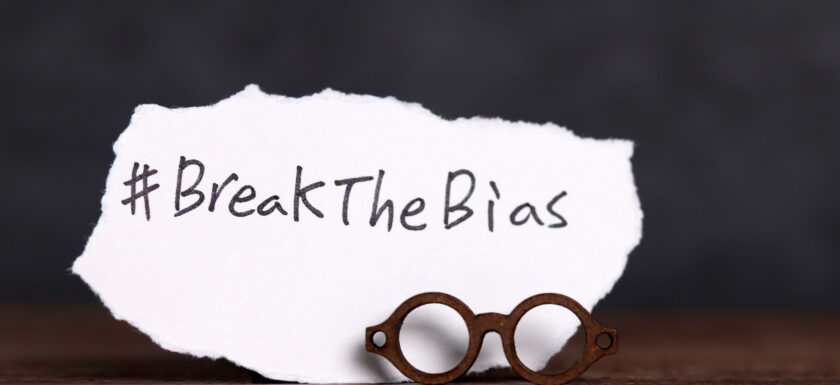
Bias, we all make bias-based decisions. The definition of bias is having a prejudice in favor of or against one thing, a person, or a group, usually in a way considered to be unfair. Bias-based decisions can also be described as blind certainty and closed-minded.
Bias-based decisions can cost lives, futures, reputations, bottom lines, safety, and more. Some common biases include:
- Confirmation bias which involves relying too heavily on information consistent with pre-existing beliefs.
- Verification bias which involves searching for information that aligns with preconceived notions of a situation and neglecting to thoroughly investigate other existing sources of information and facts that could challenge your bias.
- Availability bias relies on readily available data rather than considering a broader range of data, lessons learned, and other information that may reveal a different/bigger picture.
- Unconscious bias is a decision or judgement based on previous learning, experiences, or deep-seated societal prejudices and status quo.
- Experience bias relies too heavily on previous experiences or learned perceptions, viewing these as the objective truth now and going forward.
- Personal bias includes beliefs and opinions that have been learned (some may be true, and some may be false) which affect the decision-making process.
There are many different biases that can impact decision making. Overcoming bias requires each of us to increase our awareness of our own personal biases, our own thoughts, and our own feelings. We are in control of our thinking and our biases.
Early adopters have an open mind and understand that they control what they are thinking and what the future can look like beyond bias, beyond status quo, and beyond conventional default settings that others currently follow.
A Different and Safer Future Is Possible
When leaders become early adopters who think differently and are not limited by bias-based decision making, a different and safer future is possible. We know this is true based on successes by numerous other open-minded early adopters of pre-incident prevention and the First Preventers Framework. We can make the world a different and safer place when we agree that increasing violence, shootings, suicides, drug overdoses, sex abuse, trafficking, bullying, workplace violence, and other tragic incidents are NOT OK.
Would you like to take your people (children and adults) to a different and safer place?
You can, be open-minded and contact me to learn how other early adopters are overcoming biases and leading the way to make their organization and community safer with First Preventers. We know good folks outnumber the bad folks, but the good folks (First Preventers) need a different and forward-looking framework to overcome bias, eliminate barriers, connect all the intelligence, source and resource dots, see the bigger picture, and help, intervene, and disrupt those at-risk and evil doers before they escalate and attack themselves and/or others.
A different and safer community does not happen by chance, it happens because of leaders and early adopters who take actions that take their people to a different result.